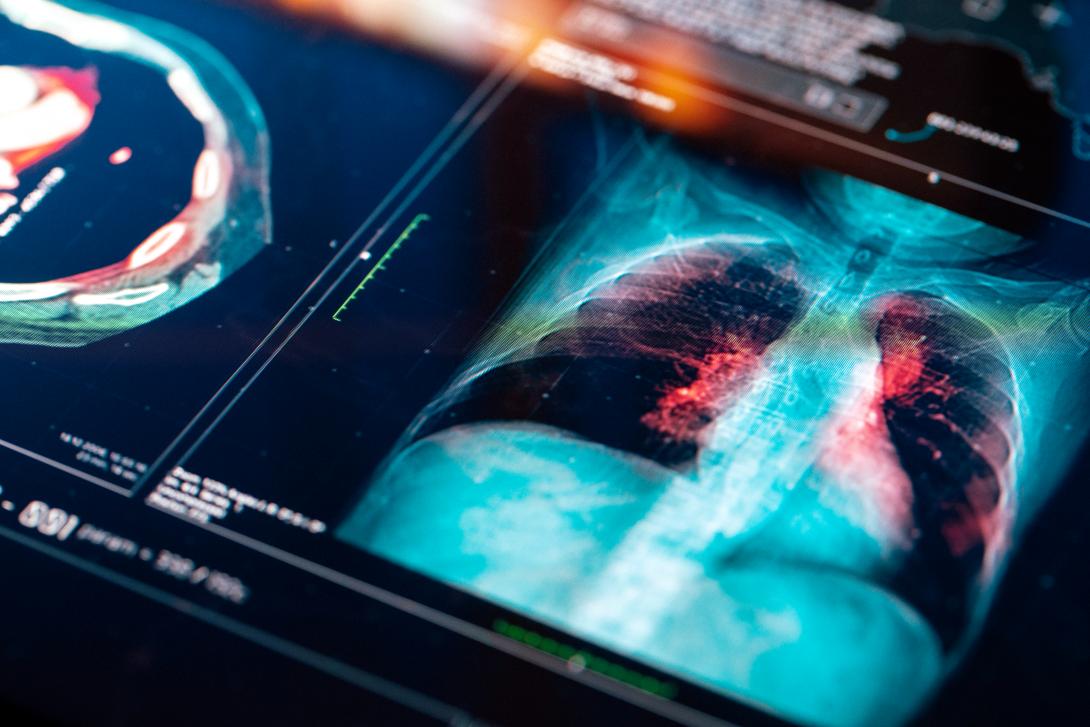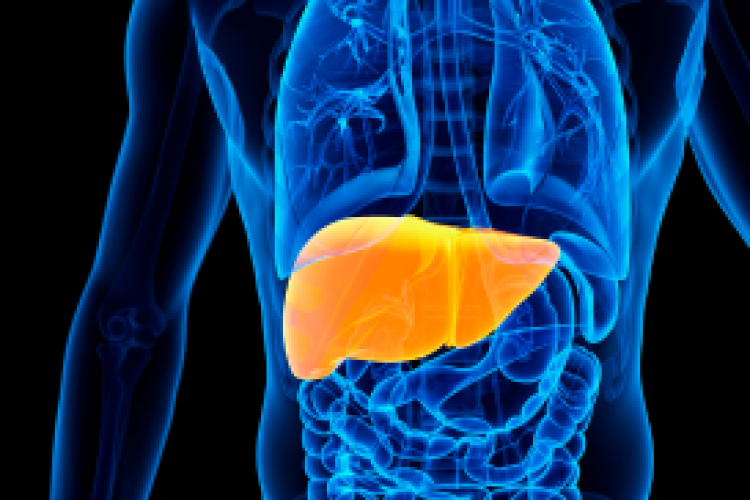
Screening for lung cancer in current and former smokers is so important.
Lung cancer is the second most common cancer in the United States and is the leading cause of death from cancer. If lung cancer is found early, when it is small and before it has spread, it is more likely to be treated successfully. That’s why screening for lung cancer in current and former smokers is so important, according to Rostislav Gorbatov, M.D., a pulmonary and critical care specialist with Highland Medical Pulmonary Medicine Associates in Nyack, NY.
“Early detection can reduce lung cancer death rates by 20% — that’s significant,” Dr. Gorbatov says. “In some cases when we catch lung cancer early, it can be treated by relatively simple lung surgery, and we can avoid additional treatments like chemotherapy and radiation.”
Dr. Gorbatov notes that in Rockland County in 2023, one in eight adults were smokers, so having LDCT screening available in the area is very important.
What is Lung Cancer Screening?
The only recommended screening test for lung cancer is low-dose computed tomography (also called a low-dose CT scan). Screening is recommended only for adults who have no symptoms but are at high risk. Usually, symptoms of lung cancer don’t appear until the disease is already at an advanced stage.
During an LDCT scan, you lie on a table and a CT machine makes detailed images of your lungs. The scan takes less than 10 minutes and is not painful. You do not need to be injected with contrast dye, unlike some other types of CT scans, Dr. Gorbatov noted. “The radiation dose is quite minimal — 90% less than a regular CT scan,” he says.
Who Should Be Screened?
The U.S. Preventive Services Task Force (USPSTF) recommends yearly lung cancer screening with LDCT for people who—
- Have a 20-pack-year or more smoking history, and
- Smoke now or have quit within the past 15 years, and
- Are between 50 and 80 years old.
A pack-year is smoking an average of one pack of cigarettes per day for one year. For example, a person could have a 20-pack-year history of smoking one pack a day for 20 years or two packs a day for 10 years.
The guidelines have changed over the years, Dr. Gorbatov says. “They used to recommend screening for people with a 30-pack year or more smoking history who were 55 or older. The updated guidelines allow us to screen more people. This improves the chance that we’ll find more early cancers and prevent more deaths.”
When Should Screening Stop?
The guidelines recommend that yearly lung cancer screening stop when the person being screened—
- Turns 80 years old, or
- Has not smoked in 15 or more years, or
- Develop a health problem that makes him or her unable or unwilling to have treatment if lung cancer is identified.
Risks of Screening
There are several potential risks of screening that Dr. Gorbatov discusses with patients. One of these is that screening may find something other than lung cancer, such as a problem with the thyroid. “This can lead to added anxiety and further testing that the patient wasn’t expecting,” he said. “We weigh the risks and benefits with patients, and for many of them, the benefits outweigh the risks.”
Insurance and Medicare Coverage
Most insurance plans and Medicare help pay for recommended lung cancer screening tests. If the screening test finds something abnormal, you may need more tests. These follow-up tests may have a cost such as a co-pay or deductible. Check with your insurance plan to find out what benefits are covered for lung cancer screening.
Lung Cancer Screening and Treatment at Montefiore Nyack Hospital
Patients have access to advanced lung cancer screening and treatment at Highland Medical, Pulmonary Medicine Associates at Montefiore Nyack Hospital.
“We have multiple specialists including pulmonologists, interventional radiologists, oncologists, cardiothoracic surgeons and pathologists. We are also adding more diagnostic tools to be able to better sample and identify lung cancers after they’ve been found on screening tests,” he says.
“We provide a full range of services, from helping patients quit smoking to detecting lung cancer early. We offer the latest treatments by oncology specialists to patients who are found to have lung cancer, so they have the best treatment outcome possible.”
Highland Medical Pulmonary Medicine Associates, at 160 North Midland Avenue, on the 2nd floor of Montefiore Nyack Hospital, specializes in the diagnosis and treatment of pulmonary conditions and lung disorders. To schedule a consultation or an appointment, call 845-897-8371.



 Upcoming Events
Upcoming Events



